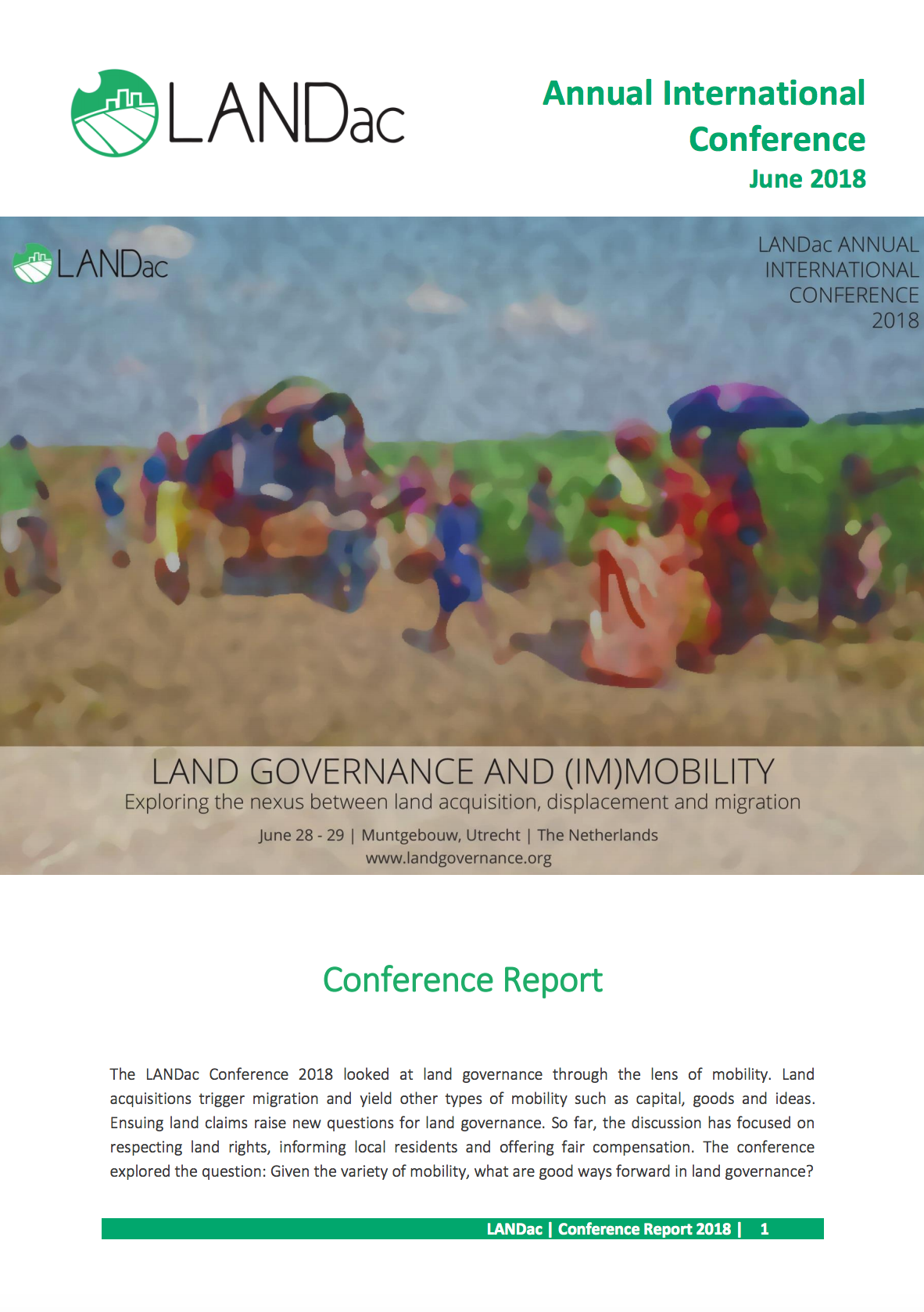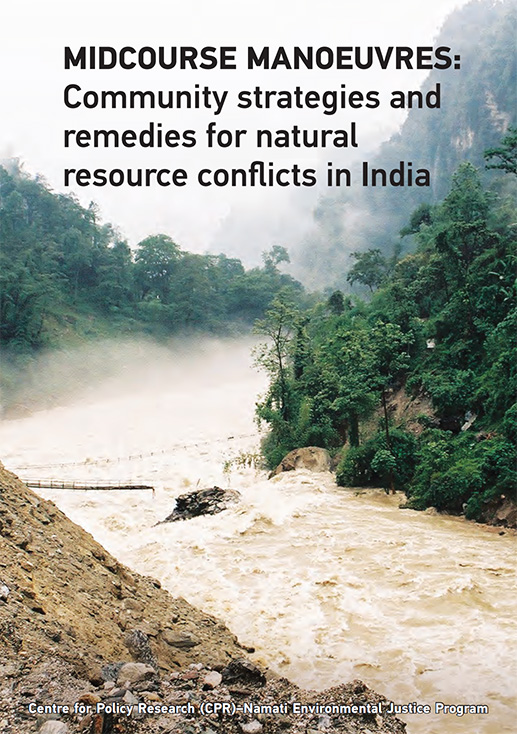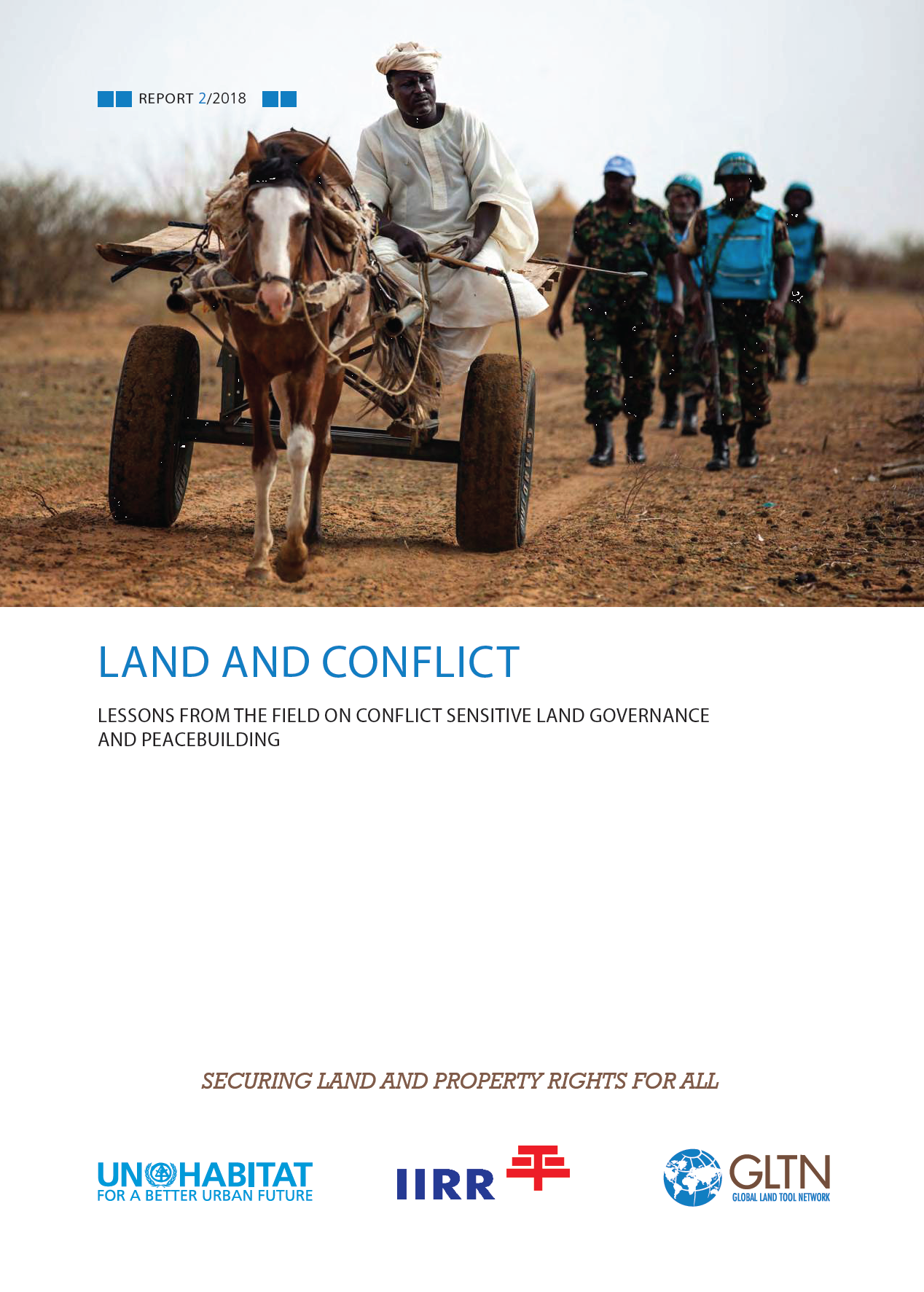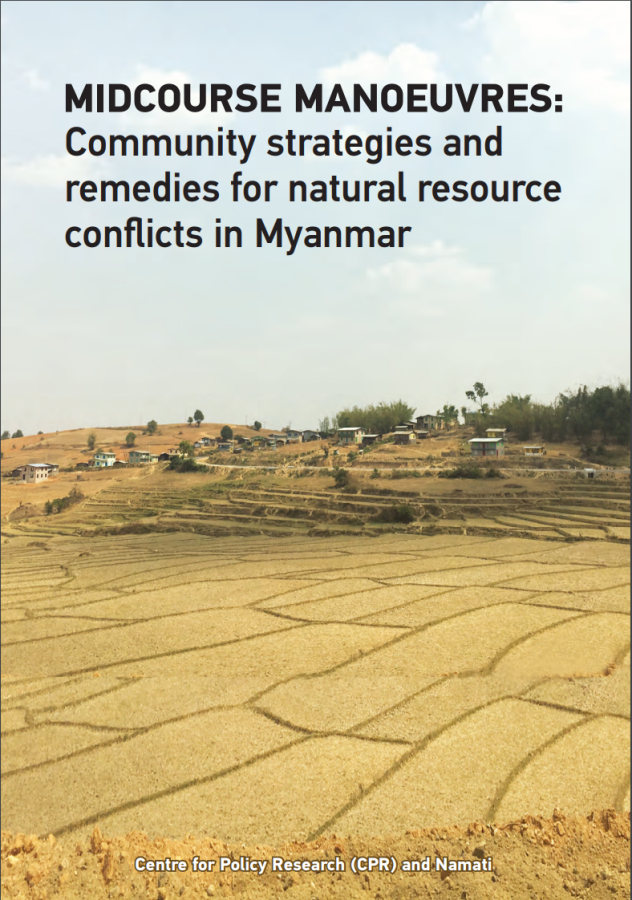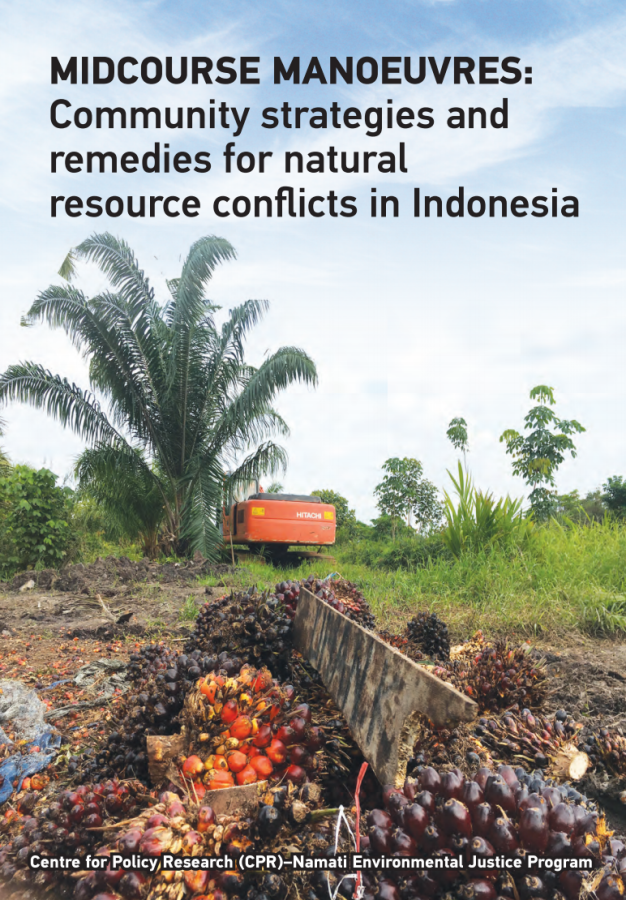Challenges in Land Tenure and Land Reform in Africa: An Anthropological Perspective
The paper discusses the interface of anthropological research on land with policy positions across formative periods – from the colonial period through to the present as land tenure reform has repeatedly become a development priority; and recent research on intensifying competition over land, its intersection with competition over legitimate authority, new types of land transfers, the role of claims of indigeneity or autochthony in land conflicts, and the challenges of increasing social inequality and of commodification of land for analysis and for land reform.



